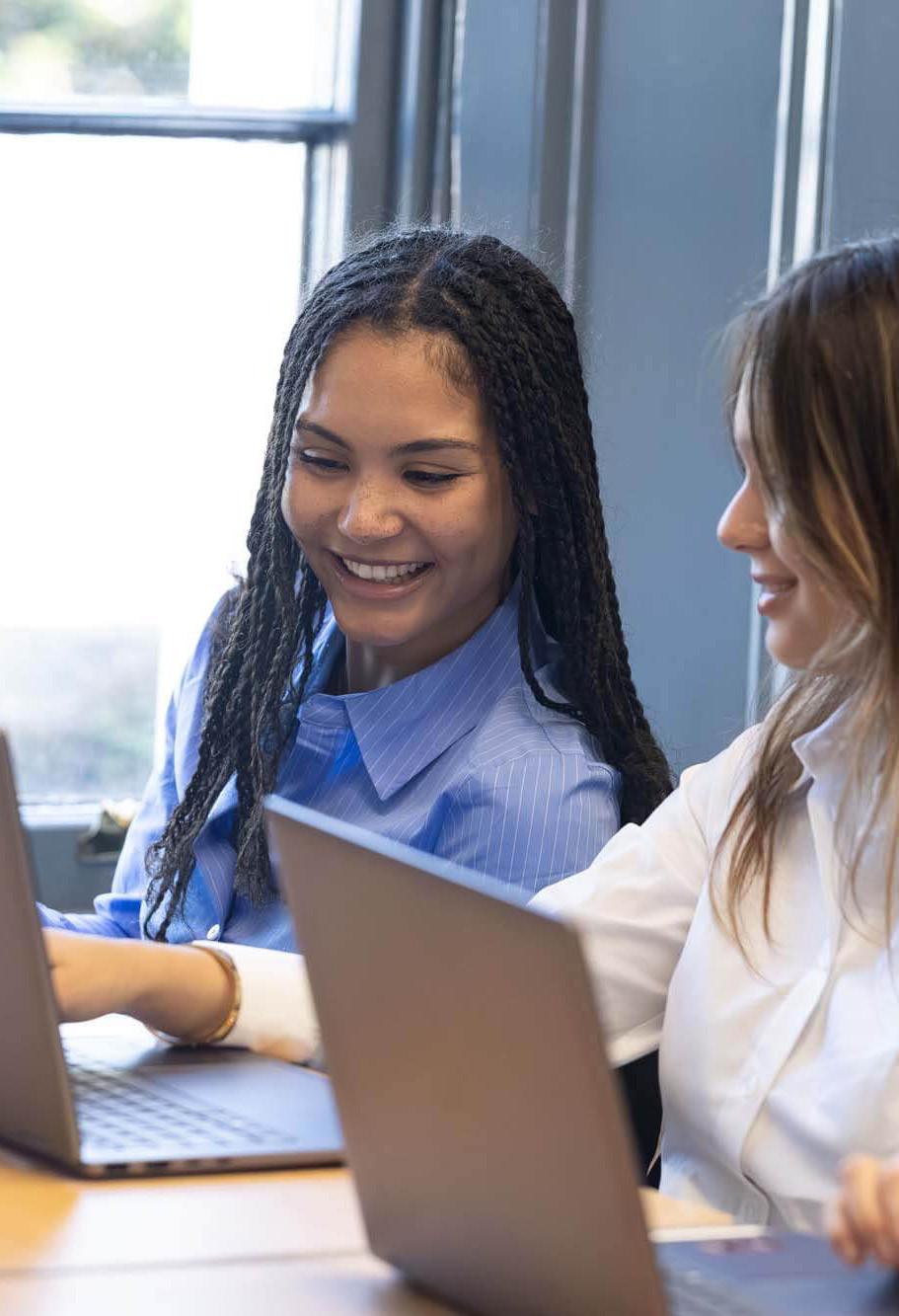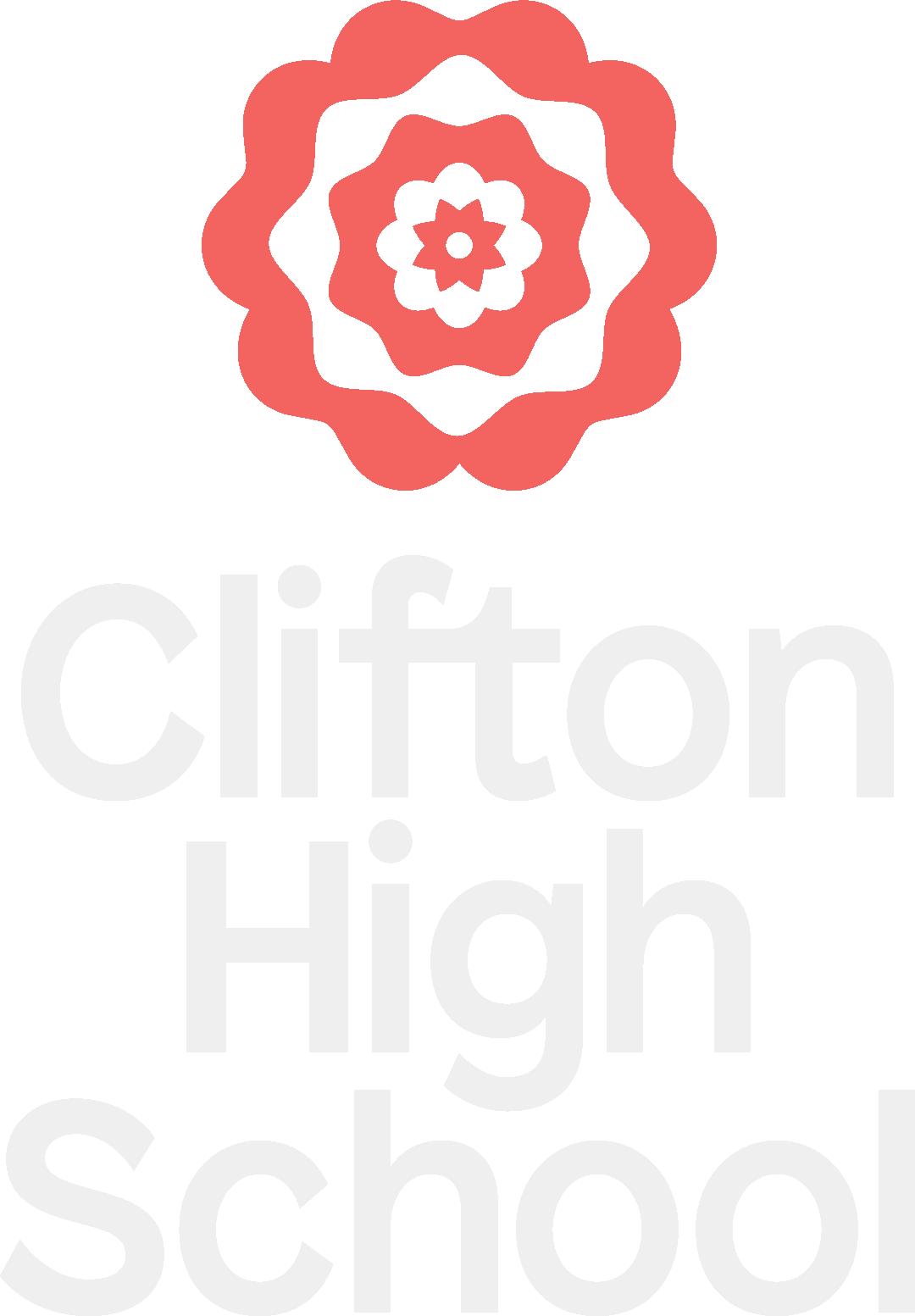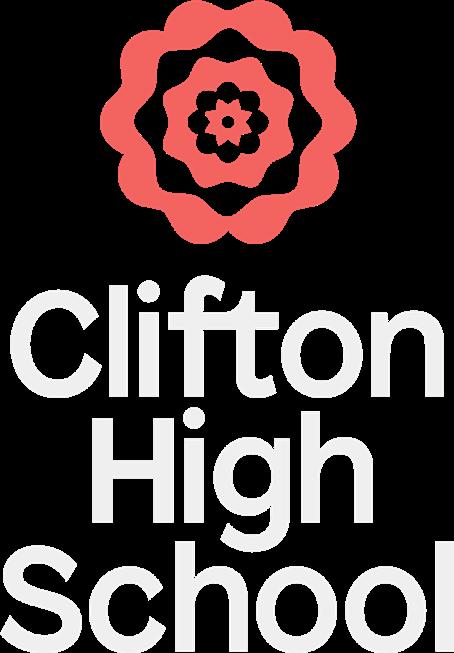
SKILLS FOR TOMORROW 2025-2026

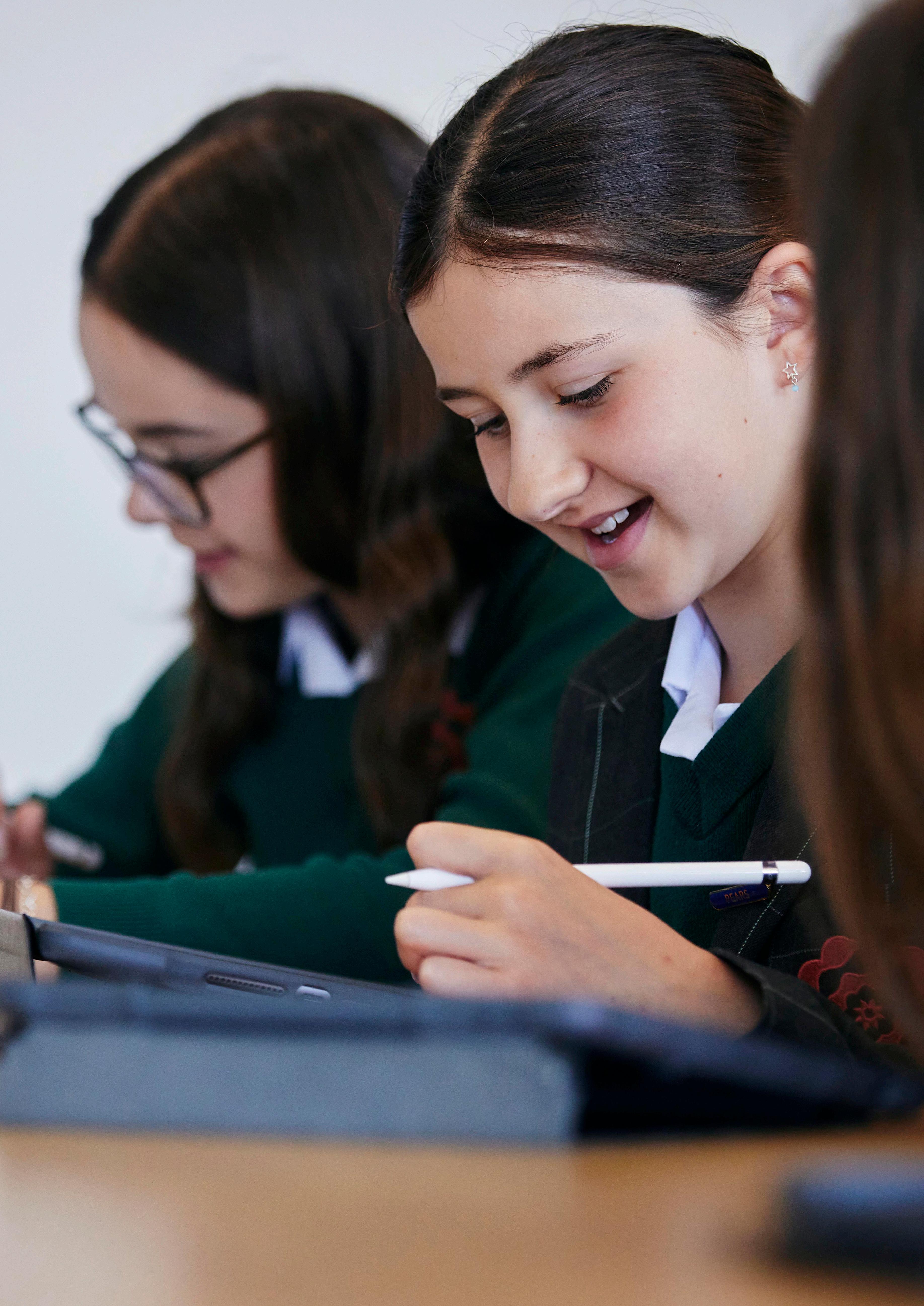


SKILLS FOR TOMORROW 2025-2026


At Clifton High School, we believe that education extends far beyond preparing pupils for traditional subjects. Our commitment to excellence goes handin-hand with preparing learners for the dynamic challenges of the 21st Century, equipping them with the skills and knowledge to navigate a changing world.
As you consider joining our vibrant community, let us introduce you to our innovative and forward-thinking course: “Skills for Tomorrow”. This course has been presented at The Council of Europe Digital Citizenship conference and at UNESCO’s Headquarters as a leading course for preparing learners to navigate the changing world with AI. The course has been designed by the Head of Transformation & AI, with co-development from the University of Glasgow.
This course is built upon the foundations of extensive research across multiple disciplines, aiming to construct a model for embracing citizenship in the digital age.
Artificial Intelligence (AI) and Digital Citizenship
In an era where technology shapes our lives, understanding Artificial Intelligence (AI) is essential. Our Year 7 and Year 12 pupils delve into the fascinating world of AI, exploring its impact on society, ethics and privacy. They learn to navigate the digital landscape responsibly, becoming informed digital citizens who contribute positively to the online realm.
Topics include:
• What is AI and how can it be used?
• The Neuroscience of Learning with AI
• Prompt Engineering & Literacy
• AI Ethics, Ecology, Safety and The Future
• Data Ownership
• Digital Skills & Analytical Judgement
• AI and Digital Tools in the Workplace
Intertwined with Clifton High School’s values:
• Curiosity: We encourage pupils to question and explore AI’s possibilities
• Empathy: Understanding AI’s implications encourages empathy toward its societal effects
• Direction: AI knowledge provides direction for future careers and innovations
Our pupils are not just learners; they are citizens of the world. Pupils delve into local and global issues, understanding their responsibilities as active citizens. Whether participating in community projects or discussing global challenges, they learn to make a positive impact. These skills have been highlighted as of growing importance in society and in the world of work by the World Economic Forum & OECD, especially considering the ways in which AI is expected to change our future.
Topics include:
• Citizenship & Critical Consciousness
• Local & Global Cultures
• Sustainability & Cyclical Economics
• Awareness & Charity
• Globalisation & Interconnectedness
• Making Change
Intertwined with Clifton High School’s values:
• Empathy: Citizenship involves empathy for others’ needs
• Curiosity: Pupils explore diverse perspectives and global contexts
• Direction: Citizenship provides purpose and direction in contributing to society
Pupils engage in interdisciplinary problem-solving. They tackle real-world challenges by integrating knowledge from various subjects. Whether designing sustainable solutions or addressing environmental issues, they learn that collaboration and creativity drive progress. Learners develop an understanding of design thinking, whilst using the skills to communicate and collaborate.
Topics include:
• Innovative Solutions & Design Thinking
• Addressing a problem
• Presenting an idea
Intertwined with Clifton High School’s values:
• Curiosity: Problem-solving sparks curiosity and innovation
• Direction: Practical solutions align with our aim for individual brilliance
• Love: Love for the planet drives environmental consciousness
Our pupils become critical thinkers. They analyse complex issues, question assumptions and develop a consciousness that transcends the ordinary. Learners explore ethical dilemmas, historical contexts and societal norms, gaining a deeper understanding of the world. Based on the ideas of Paulo Freire, learners construct a capacity for agency and metacognition, preparing them for an ever-changing education and societal landscape.
Beyond academic prowess lies the ability to connect with others. Our pupils cultivate social and emotional intelligence; skills that empower them to build meaningful relationships, resolve conflicts and empathise with diverse perspectives.
At the beginning of the course, learners complete an EQ Assessment and Personality Traits Assessment taken from the United Nations SDG resources. Through collaborative projects and interactive workshops, learners build upon their strengths and breadth of social skills to work with others and develop personal growth. Pupils also develop an understanding of functional and dysfunctional teams, navigating the ways in which both personality traits and cultural differences can present challenges and solutions to work collaboratively.
Beyond subject knowledge, our pupils are equipped to thrive in an interconnected world. Through the PISA Global Competency assessment, learners reflect on their ability to understand, appreciate and interact with people from diverse backgrounds. This assessment provides a foundation for developing global awareness and intercultural understanding.
Throughout the course, learners engage in a range of projects and real-world scenarios designed to build their global competency. They learn to critically examine global issues, consider multiple perspectives, and communicate across cultures with empathy and respect. By collaborating on international themes and tackling challenges that transcend borders, pupils develop the skills needed to participate actively and responsibly in a global society.


• Social & Emotional Learning through Tutorials
• Personal Wellbeing & Social Emotional Learning in Health & Wellbeing
• Global Cultures & Citizenship in Geography, Languages & History
• Solving Real World Problems in Science
• Personal Wellbeing in Biology
• Ethics in Biology
• Digital Citizenship in Computing
• Personal Wellbeing in Food & Nutrition
• Ethics & Bias in Religious Studies
• Global & Local Cultures in Religious Studies
• Artificial Intelligence Image Creation in Technology & Art
• Personal Wellbeing in Physical Education
• Local Citizenship through School Council Representation & The Heads Team
Beyond individual subjects, our School is committed to nurturing the 4Cs - Critical Thinking, Creativity, Communication and Collaboration - throughout every stage of the learning journey. These essential skills are not confined to a single classroom or department; instead, they are woven holistically across the curriculum, ensuring that every pupil has the opportunity to develop and apply them in diverse contexts.
From science investigations to humanities debates, from creative arts projects to digital innovation challenges, learners are encouraged to question, imagine, express and work together. Teachers across all departments design lessons and activities that nurture these competencies, enabling pupils to solve problems, generate original ideas, articulate their thinking and collaborate effectively with others.
By experiencing the 4Cs in a variety of subjects and real-world scenarios, pupils build a robust foundation for lifelong learning and success. This integrated approach empowers them to adapt, lead and thrive in an everchanging world.
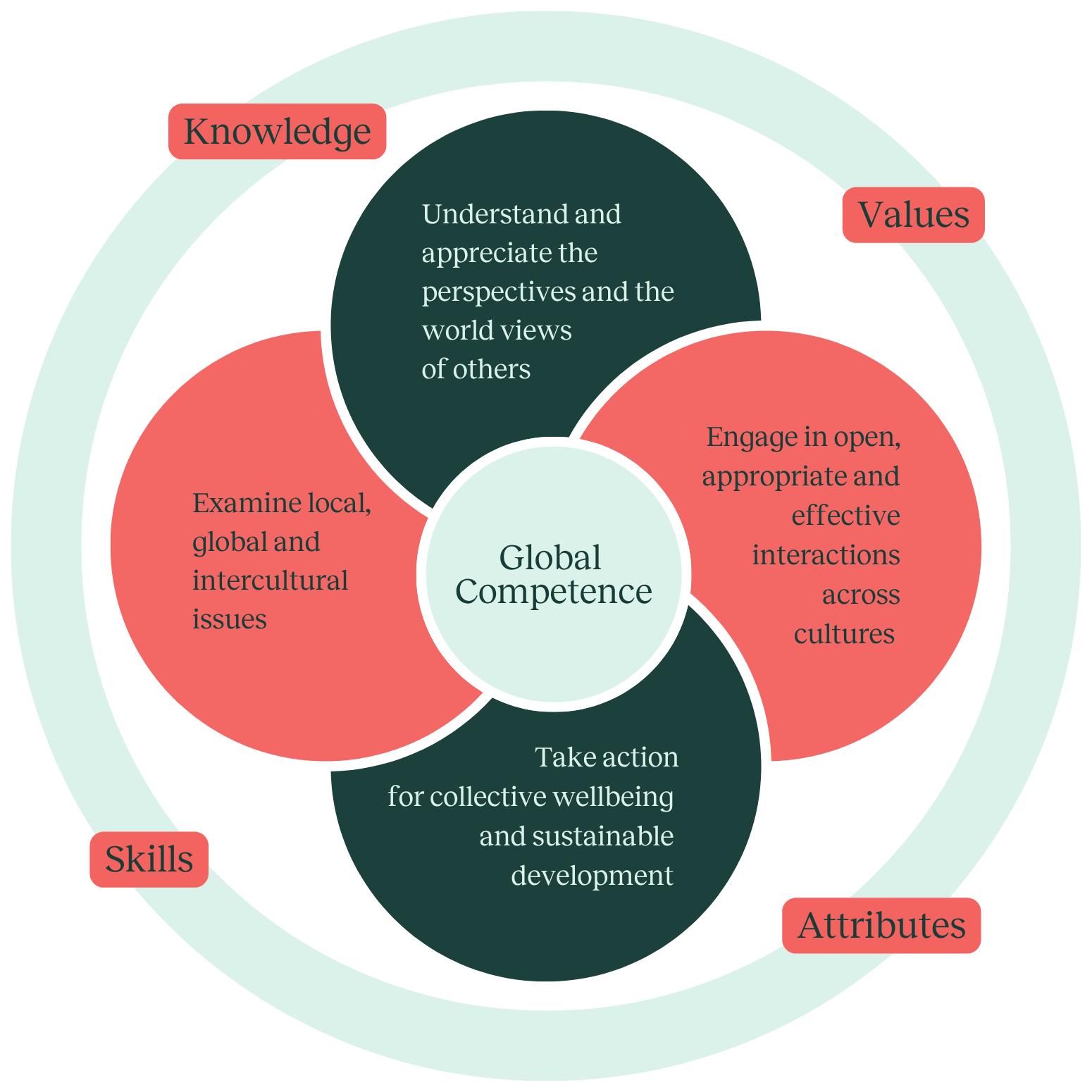


UNESCO, OECD & PISA have all conducted valuable research into the skills required for individuals and collective global & local communities to thrive in the future.
These skills and competencies move away from material growth and recall to sustainability, collaboration, interdisciplinary skills and wellbeing.
UNESCO affirms that the deployment of AI technologies in education should be purposed to enhance human capacities; to protect human rights for effective human-machine collaboration in life, learning and work, and for sustainable development. Teaching pupils about the ways in which AI works; its flaws, ethics and uses will enable the next generation to make informed decisions upon their personal use of AI and its use across the world.
The work being done by The London Interdisciplinary School and UNESCO highlights the importance of an interdisciplinary approach to learning for pupils. Encouraging the collaboration with key stakeholders within communities locally and globally to give pupils the opportunity to problem solve in the real world, giving them ownership of their learning but also developing their future-ready skills.

The PISA Global competency framework and the local citizenship frameworks highlighted throughout UNESCO’s Education Reimagined framework highlight the need for pupils to be not only learning beyond the classroom, but to be engaging in communities beyond School. With ageing populations, humanitarian displacement and global warming, pupils must be involved in supporting our collective ecosystem for it to thrive and for pupils to thrive within it. Whether pupils are volunteering in care homes, local sustainability projects or taking part in international projects this must be incorporated into future curriculums.
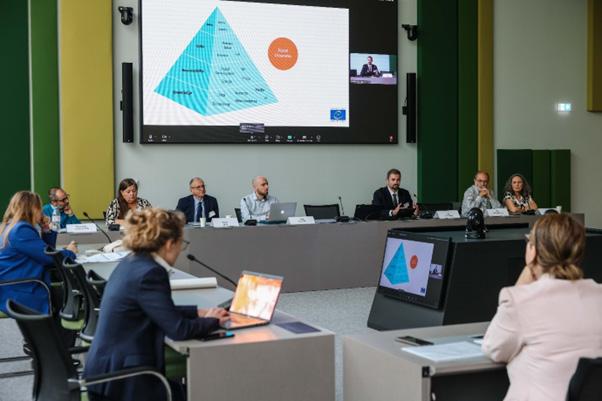
Decades of research has demonstrated the benefits of Social, Emotional Learning (SEL). In a meta-analysis of 213 school-based SEL programmes, participants demonstrated significantly improved social and emotional skills, attitudes and behaviour, as well as improved academic performance. The impact of SEL and Emotional Intelligence has been shown to positively impact the neuroscience of learning by improving neuroplasticity and wellbeing.

